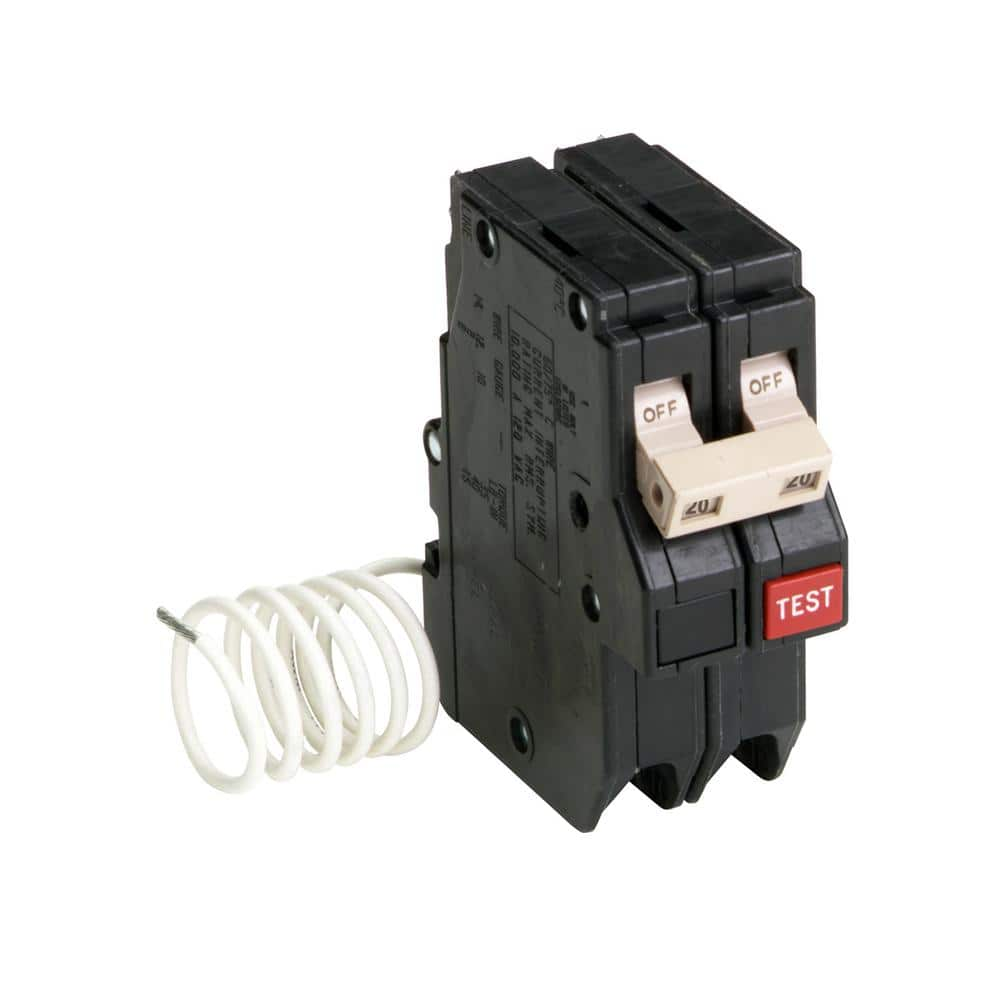jstjohnz
Member
After doing a bit more research I think I have answered my own question. I don't see why EV charging equipment would not operate on a circuit protected by a GFCI breaker. What MAY happen is nuisance tripping of the GFCI breaker but this is unlikely if the GFCI breaker is operating properly.
The EV connectors do have GFCI protection built in. Unlike a standard GFCI breaker or receptacle it can auto-reset after a time delay.
There is an additional level of protection to make sure that the safety ground wire is connected. This is done by allowing a small amount of current to flow from each 'hot' wire to ground. If ground is open no current will flow and this is a fault. It is this test current that could potentially trip a GFCI breaker although the amount of current is well below the standard GFCI breaker threshold.
The EV connectors do have GFCI protection built in. Unlike a standard GFCI breaker or receptacle it can auto-reset after a time delay.
There is an additional level of protection to make sure that the safety ground wire is connected. This is done by allowing a small amount of current to flow from each 'hot' wire to ground. If ground is open no current will flow and this is a fault. It is this test current that could potentially trip a GFCI breaker although the amount of current is well below the standard GFCI breaker threshold.



